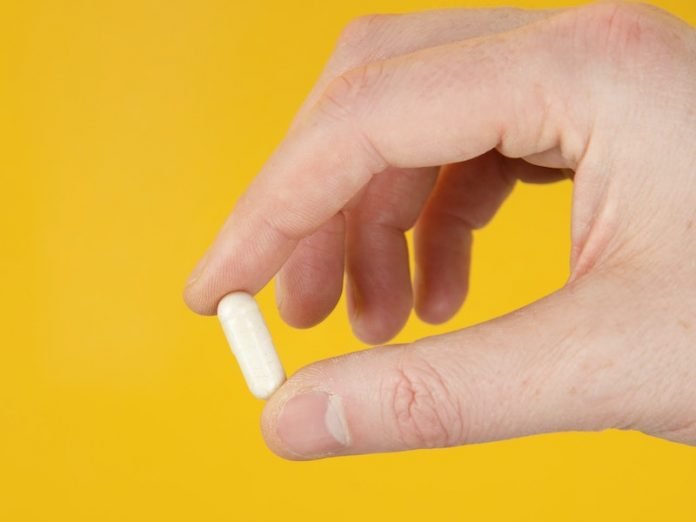
In a recent study published in the journal Hypertension, researchers find that a novel antioxidant could reverse age-related vascular changes by the equivalent of 15 to 20 years within six weeks.
The study adds to a growing body of evidence suggesting nutraceuticals could play an important role in preventing heart disease, which is the nation’s No. 1 killer.
It also shows that oral antioxidants, which have been broadly dismissed as ineffective in recent years, could provide measurable health benefits if properly targeted.
The study is from the University of Colorado Boulder.
The antioxidant targets cellular powerhouses, or mitochondria.
In the study, the team recruited 20 healthy men and women age 60 to 79 from the Boulder area.
Half took 20 milligrams per day of a supplement called MitoQ, made by chemically altering the naturally-occurring antioxidant Coenzyme Q10 to make it cling to mitochondria inside cells. The other half took a placebo.
After six weeks, the researchers assessed how well the lining of blood vessels by measuring how much the people’s arteries dilated with increased blood flow.
Then, after a two-week “washout” period of taking nothing, the two groups switched, with the placebo group taking the supplement, and vice versa. The tests were repeated.
The researchers found that when taking the supplement, dilation of subjects’ arteries improved by 42%, making their blood vessels, at least by that measure, look like those of someone 15 to 20 years younger.
An improvement of that magnitude, if sustained, is associated with about a 13% reduction in heart disease.
The study also showed that improvement in dilation was due to a reduction in oxidative stress.
In participants who, under placebo conditions, had stiffer arteries, supplementation was associated with reduced stiffness.
The team says that blood vessels grow stiff with age largely as a result of oxidative stress, the excess production of metabolic byproducts called free radicals can damage the endothelium and impair its function.
During youth, bodies produce enough antioxidants to quench those free radicals. But with age, the balance tips, as mitochondria and other cellular processes produce excess free radicals and the body’s antioxidant defenses can’t keep up.
Oral antioxidant supplements like vitamin C and vitamin E fell out of favor after studies showed them to be ineffective.
The researchers suggest that therapies like this may hold real promise for reducing the risk of age-related cardiovascular disease.
If you care about aging, please read studies about why high intensity interval training may protect you from aging and findings of this hormone in blood may signal unhealthy aging.
For more information about aging prevention, please see recent studies about this new drug may boost muscle growth, preventing aging and results showing that six months of aerobic exercise may reverse aging in thinking skills.
Copyright © 2021 Knowridge Science Report. All rights reserved.



